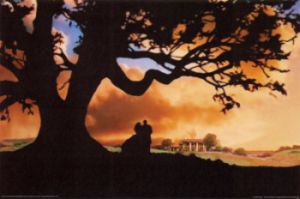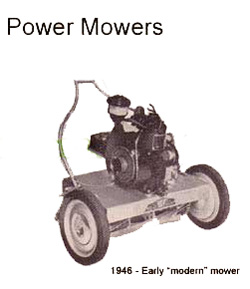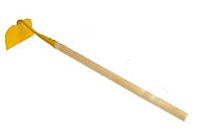Transferring schools is something I did quite frequently growing up. I attended seven different elementary schools, in fact. Transferring schools, especially at mid-year, can be disorienting under the best of circumstances. They all have different rules and punishments, all have different things and people to be sought out and avoided. It can take quite some time to learn the policies and personalities of each new place.
I attended Hammond Elementary School for just a few months before moving on, but I remember it as one of the most silent, orderly, and stultifying places I have ever been. I felt totally unsupported there and conceived that every adult had chosen as his or her role to uncover my stupidity and iniquity. I do not believe I am far wrong; this conception was founded upon repeated experience with the people there. I don’t know how this school’s culture had evolved in this way, but it was a good thing I only had to stay there a little while. I was in and out in a few months.
 I remember only one event from my time there. It occurred in the cafeteria, which, like the rest of the school, was utterly silent and orderly at all times. The cafeteria had one of those milk dispensers that was popular back then before we discovered that everything could be individually packaged for our sanitary snacking pleasure. With these machines, one strode up to it, got a glass from a rack, positioned the glass under a little rubber spout, and lifted a heavy chrome ball on a lever to start the milk into your glass. This was early in my schooling, and I had never seen this sort of contraption before.
I remember only one event from my time there. It occurred in the cafeteria, which, like the rest of the school, was utterly silent and orderly at all times. The cafeteria had one of those milk dispensers that was popular back then before we discovered that everything could be individually packaged for our sanitary snacking pleasure. With these machines, one strode up to it, got a glass from a rack, positioned the glass under a little rubber spout, and lifted a heavy chrome ball on a lever to start the milk into your glass. This was early in my schooling, and I had never seen this sort of contraption before.
 Kindergarten
Kindergarten  My mother had lived for a while in the south and had read a lot of
My mother had lived for a while in the south and had read a lot of  Until I was four years old, we lived next to my grandparents just south of
Until I was four years old, we lived next to my grandparents just south of  My sister and I were playing in the sandbox behind our house. She was a year younger than I, and for the most part we played together without any tension or problem between us. At a certain point, however, I realized that she had raised a toy
My sister and I were playing in the sandbox behind our house. She was a year younger than I, and for the most part we played together without any tension or problem between us. At a certain point, however, I realized that she had raised a toy  I finally have come to terms with my misgivings about the
I finally have come to terms with my misgivings about the